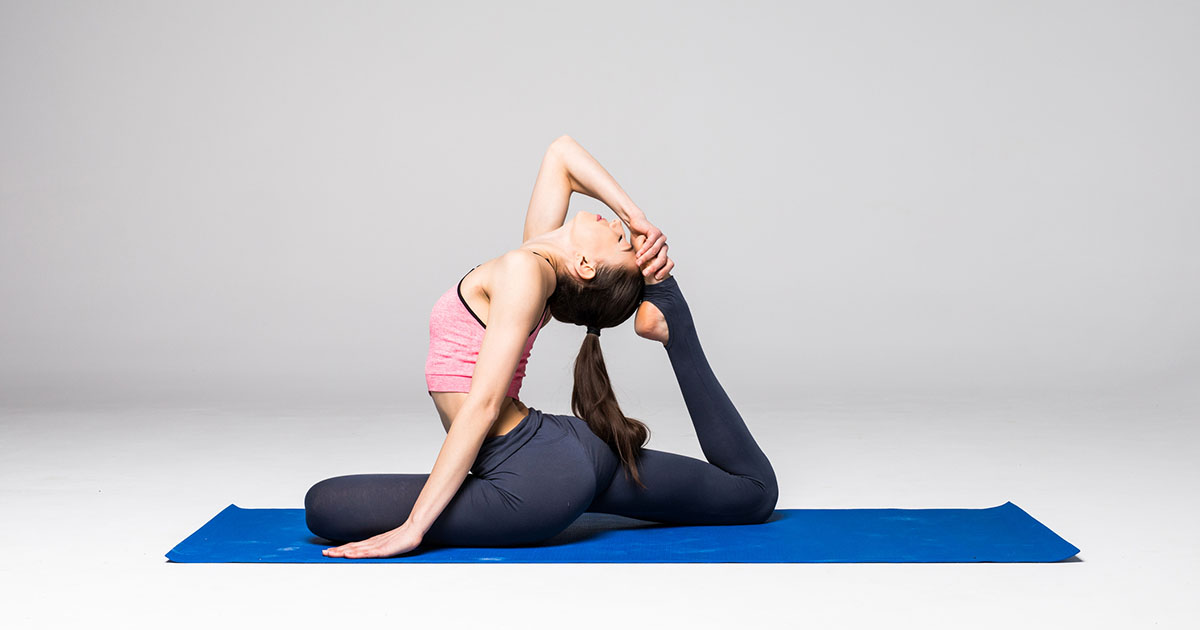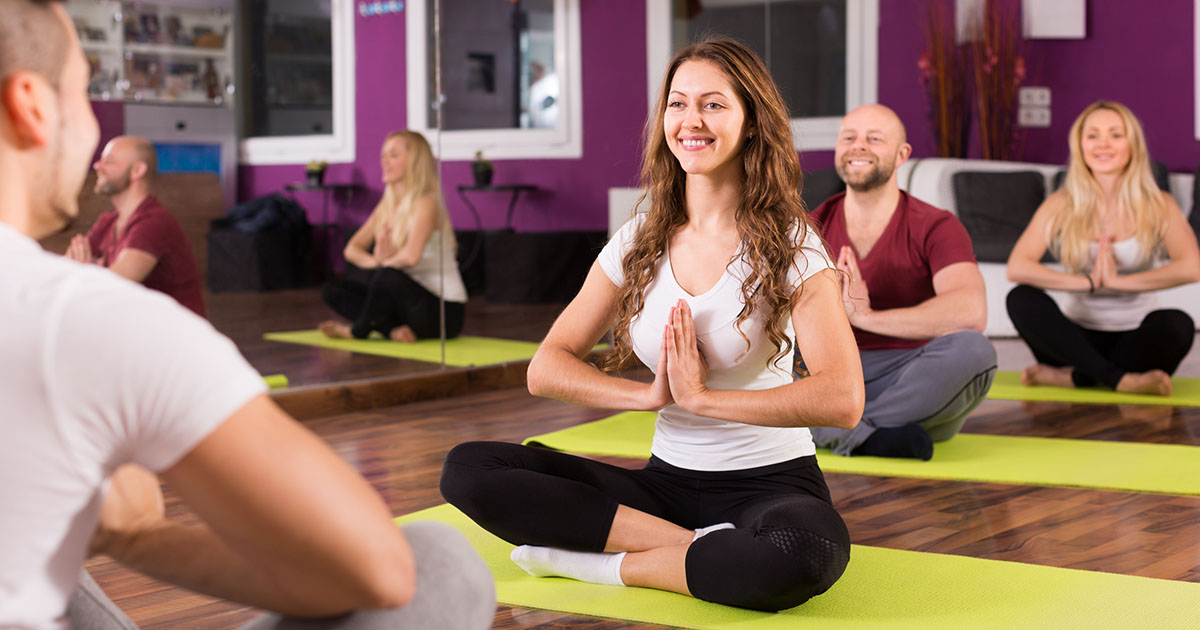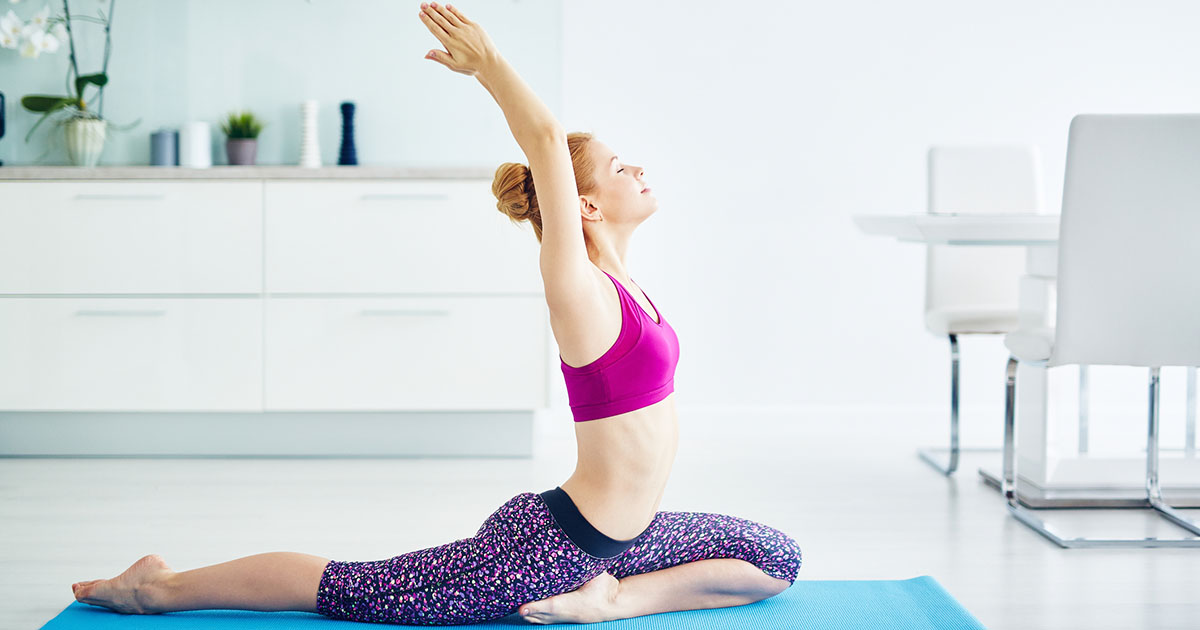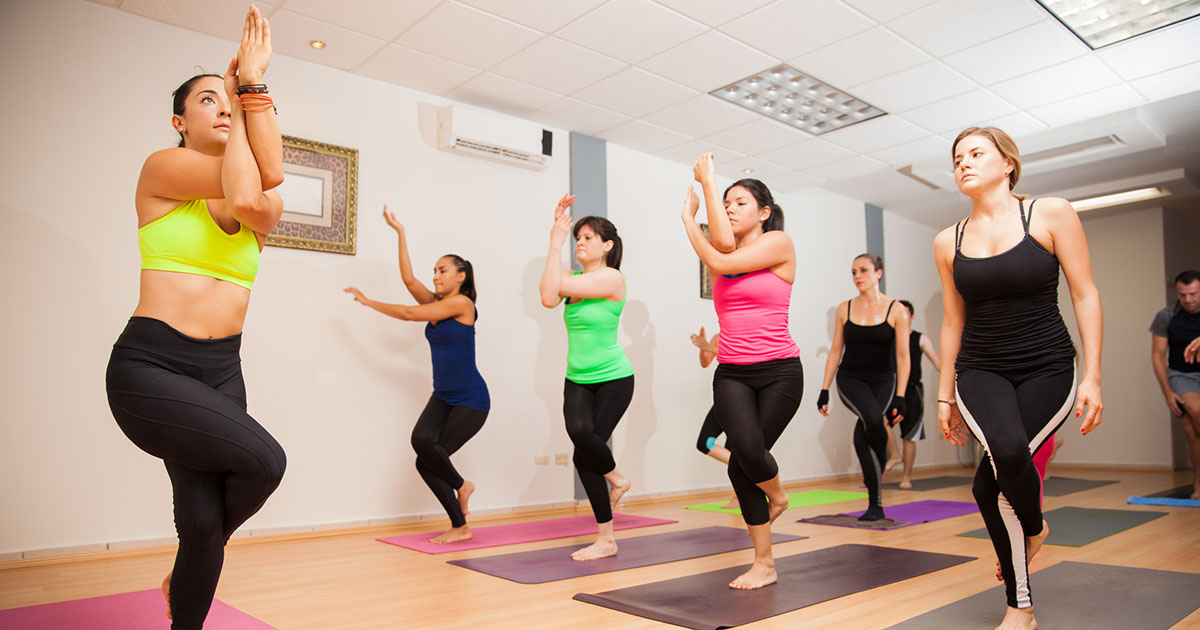Amazing Health Benefits And Immunity Boosting Powers Of Yoga
Whether an individual is attempting yoga to relieve stress or just find peace of mind, here is a great start to learning many of the benefits to be expected after a few weeks of beginning a yoga routine.
There have been countless spiritual, mental, and physical benefits to regularly practicing yoga. But what health benefits can be achieved by starting a yoga routine? Yoga can help relieve daily aches and pains, improve the immune system, build strength, increase flexibility, and improve mental health. Even if an individual has a health condition like diabetes or heart disease, yoga can significantly alleviate some of the symptoms. Just be sure to check with a registered health professional first to see if any postures or poses should be avoided.
Improves Flexibility And Builds Muscle Strength

First and foremost, when individuals begin practicing yoga, they will notice increased flexibility and strength are some of the first and most obvious benefits. During the first attempt at yoga, many who are not flexible may not even be able to touch their toes. However, after a few weeks or months of practicing, poses will come easier than before and often individuals can attempt some poses they could not before.
Another benefit that may be noticed is some aches and pains begin to disappear. The muscle strength built also helps protect against conditions such as arthritis and back pain.
Now that you know yoga can improve flexibility and strength, keep reading to learn what it will do for posture and joints.
Increases The Health Of Joints And Posture

Yoga increases flexibility and agility, which in turn can help prevent and reduce the probability of obtaining spine injuries and chronic pain. When one begins practicing yoga, they put their joints to the test by getting them to maximize their range. This full range of motion allows the joints to receive fresh nutrients by squeezing out fluid and allowing new supplies to soak into the joints, which also keeps them supple.
Yoga also helps improve and perfect posture which can prevent arthritis, and back, neck and joint pain. Just by improving posture, it will also help to prevent chronic pain, prevent stiffness, and support the patient feel better and live a longer life.
Next, learn what yoga will do to blood flow.
Increases Blood Flow

Yoga gets the blood pumping and helps get more oxygen to the cells, but even more specifically, the relaxation techniques and exercises learned in yoga help the circulation of blood. Yoga also boosts the levels of hemoglobin and red blood cells, which carry oxygen to the tissues and cuts the level of clot-promoting proteins.
Poses that require twisting are thought to wring out venous blood from organs, allowing oxygenated blood to flow in after releasing the pose. Yoga inversions, such as the headstand or handstand poses, promote venous blood from the legs and pelvis to flow back to the heart. After that, the blood is forced to the lungs for oxygenation. Therefore, inversions can help reduce swelling in the legs due to heart or kidney complications.
After discovering that yoga can increase blood flow, read further to find out how it can reduce stress.
Increases Happiness And Reduces Stress

Studies have found practicing yoga often improves depression and lead to a significant, natural increase in serotonin, and a decrease in monoamine oxidase and cortisol. Dr. Richard Davidson, Ph.D., at the University of Wisconsin, discovered the left prefrontal cortex revealed increased activity in meditators, which has been correlated with increased levels of happiness and better immune function.
Alternatively, the increase of happiness with regular practice of yoga can also help diminish feelings of stress, depression, and anxiety by calming the nervous system.
Now that you know yoga can reduce stress and increase happiness, continue reading to learn how it will improve breathing.
Relaxes And Improves Breathing

Those who practice yoga on a regular basis will eventually feel the shift of balance from their sympathetic nervous system, known as the fight-or-flight response, to their parasympathetic nervous system. The parasympathetic nervous system is known to help lower rapid breathing and heart rate, decrease blood pressure, and increase blood flow to organs and the intestines.
Evidence shows yoga improves the maximum volume of air and efficiency of respiration in an individual, as well as overall lung function. It also encourages breathing through the nose, which is excellent for many things including air filtration, warming the air, and removing pollen, dirt, and dust.
Continue reading to discover how yoga can increase self-esteem.
Increases Self-Esteem

Many individuals suffer from insecurities due to low self-esteem, which can ultimately lead to depression, anxiety, and other mood disorders. However, another major benefit of regularly practicing yoga is it can naturally increase self-esteem. Researchers have discovered yoga poses such as Mountain Pose, Tree Pose, and Eagle Pose can improve energy and self-esteem.
By practicing meditation, breathing exercises, and postures, an individual can increase both their physical and mental health. So start learning the beginner yoga poses you can practice in the comfort of your home to kick-start a yoga routine and reap all of the benefits.